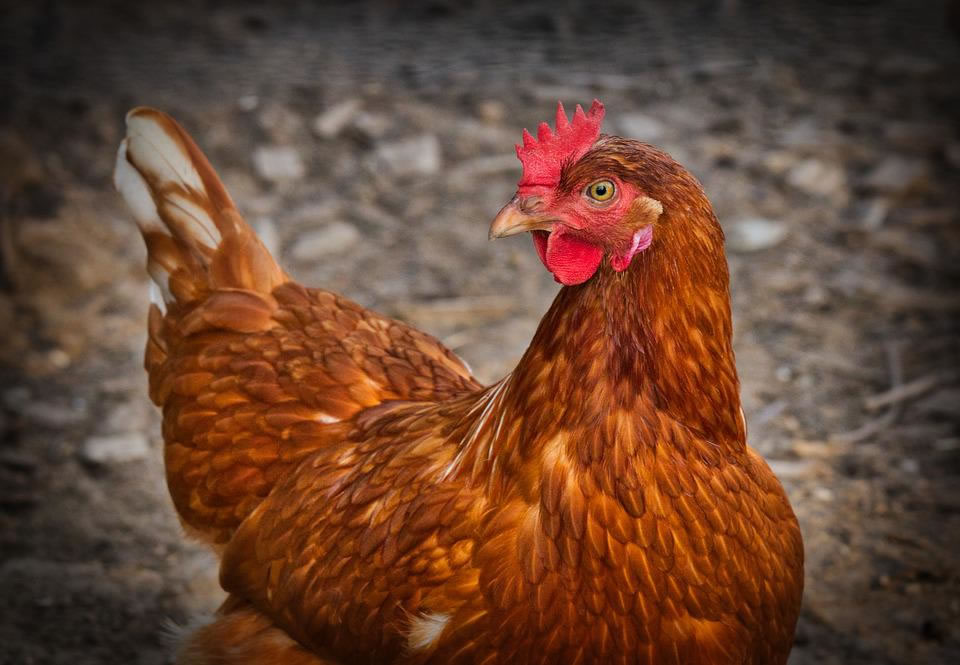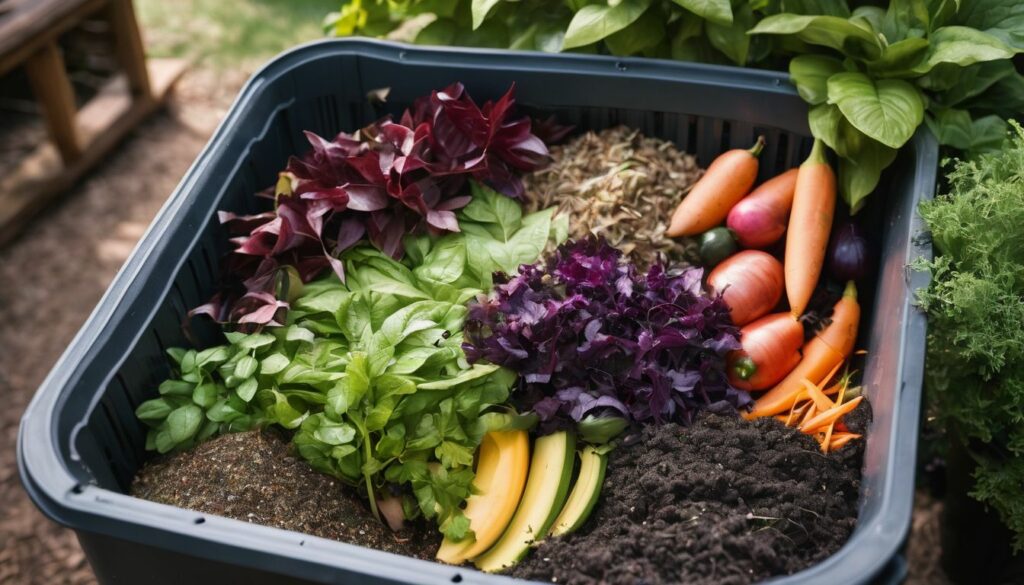Although cleaning a chicken coop may seem like a basic and straightforward operation, it’s easy to overlook some important details that might cause a myriad of issues. We’ll share the easiest and most efficient way to clean your chicken coop with you in this article. The guidelines we’ll go over should reduce the amount of time you spend cleaning as well as assist you to understand how and why keeping your chicken coop clean is so crucial.
Personally, I don’t like cleaning the coop, but it is 100% necessary. One of the things I wish I would have planned better when building the coop was how I was going to clean it. This would have been helpful because my first coop was very hard to clean due to its size.
In this article, we’ll discuss when, why, and how to clean your chicken coop. We’ll also discuss what to use. Stay with us for a little while longer and keep reading if any of that sounds helpful.
Why keeping your chicken coop clean is very crucial
In addition to reducing unpleasant smells in your garden, keeping your chicken coop clean is crucial if you want to lower the risk of illness, keep out predators, and improve the quality of life for your chickens.
Simply put, when a coop is allowed to accumulate trash for prolonged periods of time, the environment in which the birds live is seriously harmed. Rodents, cats, and foxes are a few examples of what you can encounter if your coop is not properly maintained. The reverse of what we want when trying to maintain a hygienic chicken coop is that rats and mice will be attracted to leftovers and chicken feed, making a dirty chicken coop an incredible hot location for them to thrive in.
You may read our article here that goes into more depth about how to keep rodents out of your chicken coop.
How to keep rats out of your chicken coop
The fact is that the presence of rats will make the hens feel extremely nervous, which will negatively affect their health and reduce egg production. Your hens may start to act more aggressively against one another and begin to shed feathers. Maintaining a clean and hygienic coop will help keep rats and other rodents out by removing any temptations they may have to visit your chicken coop.
Another reason to try to keep your chicken coop clean is that doing so will make it much simpler for you to gather eggs and connect with your chickens in general. Your priceless eggs are more likely to be harmed in a disorganized coop, which is something no one wants.
How to clean your coop for chickens
In real honesty, there are a variety of techniques to clean a chicken coop; some of them work better than others, but the basic idea is the same in each case. The following is a list of the duties you must perform when cleaning your chicken coop:
- changing the water source
- replenishing food
- removing spilled or extra feed
- Nesting box bedding replacement
- removing chicken poop and replacing it with wood shavings
Step 1: Depending on the type of drinker in your coop, the main steps you’ll need to take when replenishing your water are to look for any symptoms of algae, remove it if it’s there, and then change the water content every couple of days. Depending on where you reside, this may differ; just keep in mind that the hens require a daily supply of clean, fresh water. Rinsing the drinker with water and a sponge should remove any algae that do start to grow.
Step 2: Cleaning up spilled or extra food inside the chicken coop is another crucial task that, if at all feasible, should be done every day. Your chances of creating a rat infestation in the coop are considerably increased by using leftover chicken feed or treats. It may be as simple as gathering some leftover food that your hens weren’t quite finished with. This simple procedure will unquestionably aid in keeping your coop as clean as possible.
Step 3: When necessary, we advise replacing the bedding in nesting boxes. You will know it’s time for a replacement when the chickens remove or mutilate the bedding. For your chickens’ bedding, we suggest using hay, but anything soft and safe will work just fine. Unbelievably, your hen’s eggs could occasionally crack, which would again result in a mess where they are lying. Don’t be shocked if you need to replace the bedding frequently; this is very typical.
Step 4: Making sure that all droppings are removed is another crucial step in cleaning out your chicken coop. Although it can be unpleasant, it’s best to carry out this process on a regular basis than to allow it to spiral out of control. We discovered that a coarse brush works wonders for removing droppings from the coop’s interior. It truly depends on how many hens you have, but we typically did this once or twice a week. Simply checking every couple of days and making a logical judgment is a wonderful approach to determining how frequently you should clean the droppings.
Another chore that needs to be done each week is replacing the wood chips or other bedding in your chicken coop. The protective covering, whatever it may be, will get contaminated as the chickens sleep at night. In light of this, we discovered that renewing it roughly every week really helps to maintain your chicken coop smelling and appearing clean.
Conclusion
Without a doubt, one of the most crucial factors to take into account before gathering your first group of hens is cleaning your chicken coop. Yes, it can occasionally take a lot of time, but it’s necessary if you want to keep your hens in peak condition. When the degree of sanitation in your coop declines, your hens are far more likely to become unwell, attract mice, and develop other problems. To lessen the likelihood that these problems arise in your flock, we always suggest keeping your coop clean.
You now have a little understanding of how to clean your chicken coop. Please feel free to check out some of our other articles if you found this one to be beneficial in any way. If you’re a fellow hen keeper, you might find a lot of the information on this site to be helpful.





